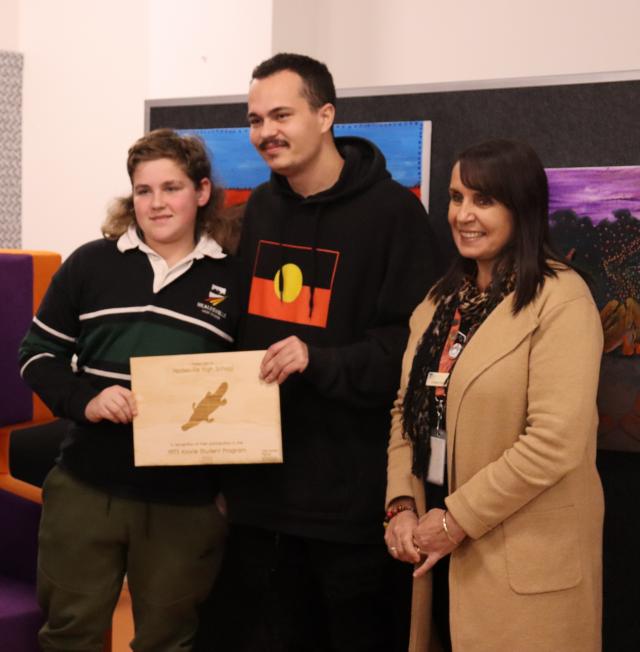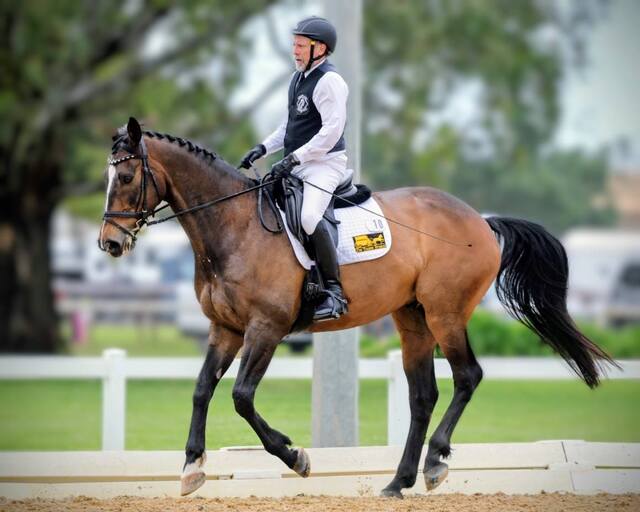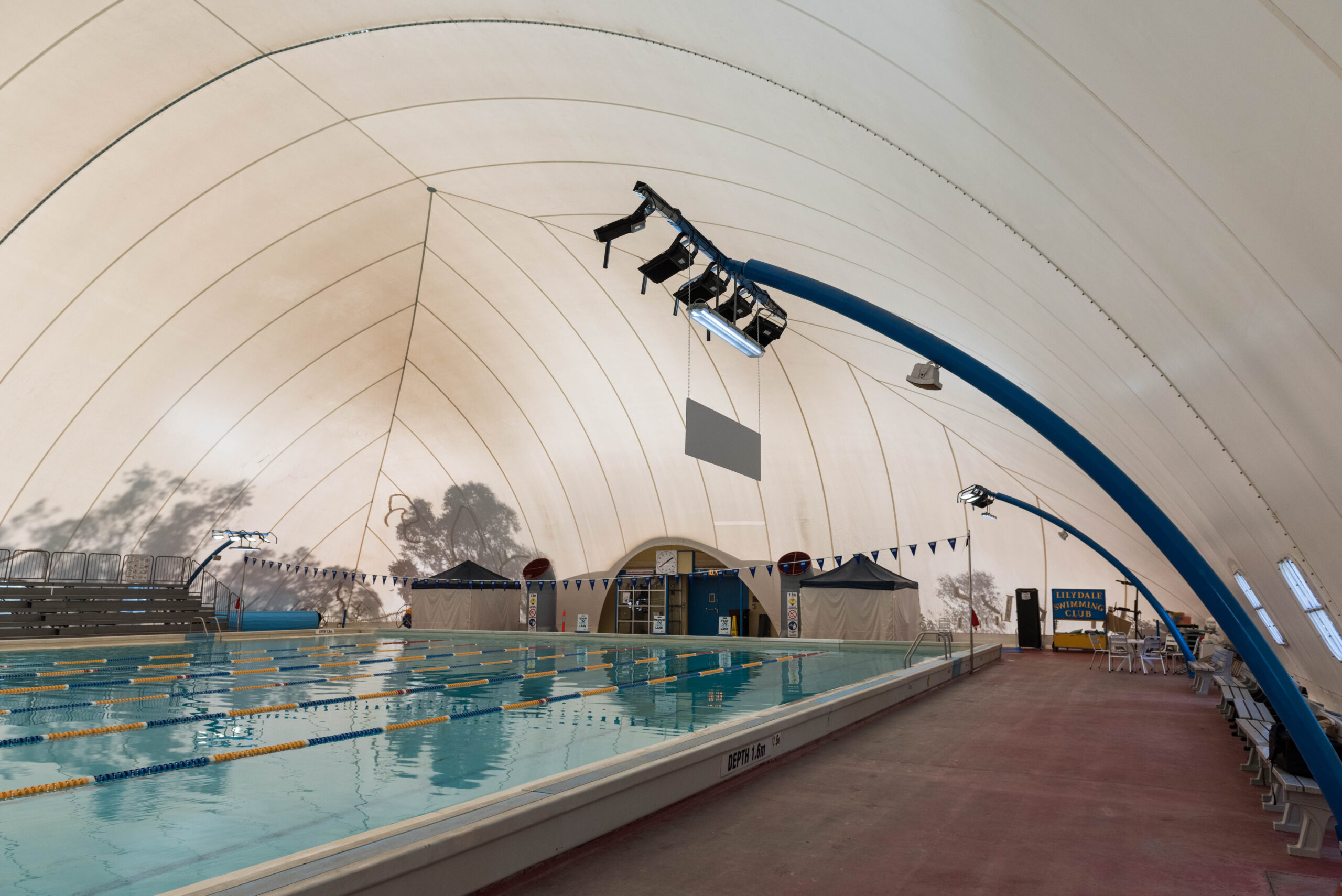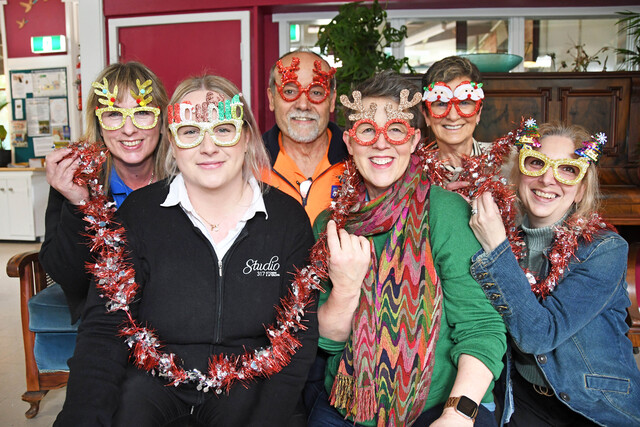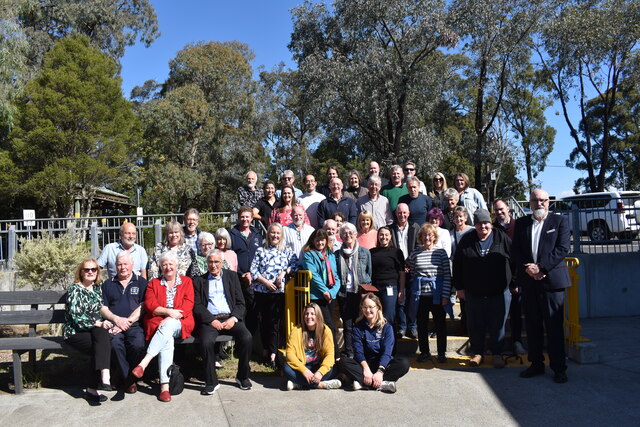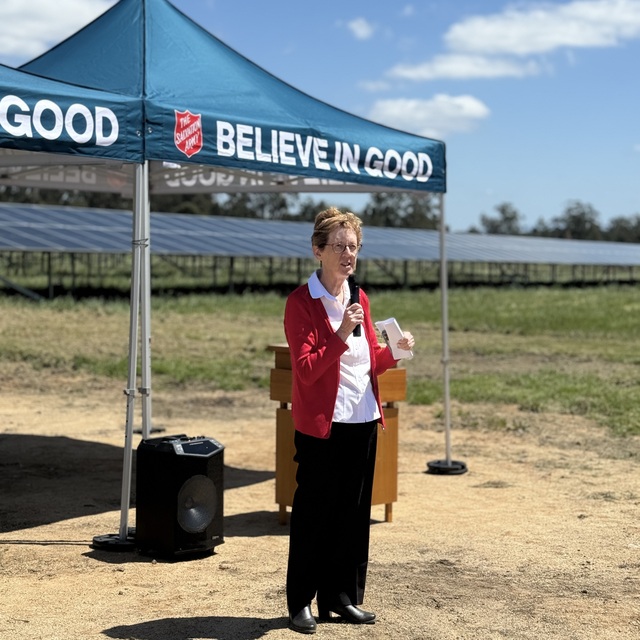With varying commentary on the Indigenous Voice to Parliament (The Voice) airing, a young Aboriginal leader from Healesville will be voting yes, despite having some reservations.
Indigenous educator Thane Garvey, 27, who is the descendent of celebrated Wurundjeri leader William Barak, said he views The Voice as “a stepping stone”.
“I feel conflicted about it. Obviously, there’s things I’m not happy about,” he said.
“The issue with the something for everyone Voice is that it only provides a certain amount of people to represent a huge amount of people.
“And in Victoria, there’s a huge amount of tribes and we’re not all going to be able to have a single representation within parliament. So I think that’s one of the issues.”
Raising concerns about how a referendum is decided, requiring double majority from across Australia, as well as four of the six states, with territories not included, Thane said that in itself is “systematically racist”.
“We make up three per cent of the population and there seems to be 97 per cent of the population voting on something that’s only going to affect us,” he said.
“The reason we’re putting this referendum forward is because we want to make change and we want to have a voice and we want to have more say on things that affect us but in the process, we have to have 97 per cent of Australia… voting on whether we should have that say to begin with.”
Regardless, Thane said not moving forward with a yes vote would be “more detrimental to the Indigenous community”.
“I fear that if we don’t get this up, we will lose momentum towards Treaty, Native Title and all these other things that we’re going to need if we’re going to keep this culture alive down here. Victoria is one of the most impacted when it comes to colonisation,” he said.
Looking around the globe, Thane said Australia was well behind when it comes to recognising First Peoples, with neighbours New Zealand having “a long way to go over there too but they’re still way ahead of us”.
“If you look at New Zealand or if you look at other places around the planet, they’re normally known somewhat because of their Indigenous, their Traditional Owners where Australia really doesn’t want to have that identity, that relationship with Traditional Owners for some reason.”
The acceptance of the Haka and Maori language “comes with education” and is one of the main reasons Thane became an educator himself.
“I became an educator because I think we’ve got to change perspective before we have any hope of getting anywhere.”
It’s education that Thane also said was important in the lead up the vote on 14 October as the country looks to decide yes or no.
“I’ve heard people come out and say things like ‘if this referendum gets up, we’re going to have to start asking Elders to build on properties’ and all this is just misinformation that just makes no sense.
“Look at the wording, it literally just says that we have an advisory body to advise the parliament on decisions and issues that affect us. It’s really not that complicated.
“If you’re worried about some of the misinformation, please, please just educate yourself on what is and what isn’t going to happen if this Voice gets up. Because I’ve heard so many rumours, and 95 per cent of them aren’t true.
“At the end of the day, we’re just being asked to sit at the table and have input on discussions that affect us and we’re being recognised as the first people of Australia.”
As conversations and discussions continue, Thane said it can be exhausting to keep up the fight but with a long line of ancestors who fought each and every day to get to this point, like William Barak and Aunty Dot Peters, it was important not to give up hope.
“These people have been trailblazing and doing everything they could to make sure our people thrive and survive in this new culture and society that has been kind of pushed upon us.”
In Thane’s eyes the referendum would be “a little win” in a much broader fight to ensure Indigenous culture and history is celebrated and continues.
“I can’t lay down now, after many generations of people have fought for us. I can’t sit down and just turn away because I’m tired, because it’s too much.
“What I’m dealing with is nothing compared to what my ancestors had to deal with, or even what my dad or my nana’s had to deal with.”

